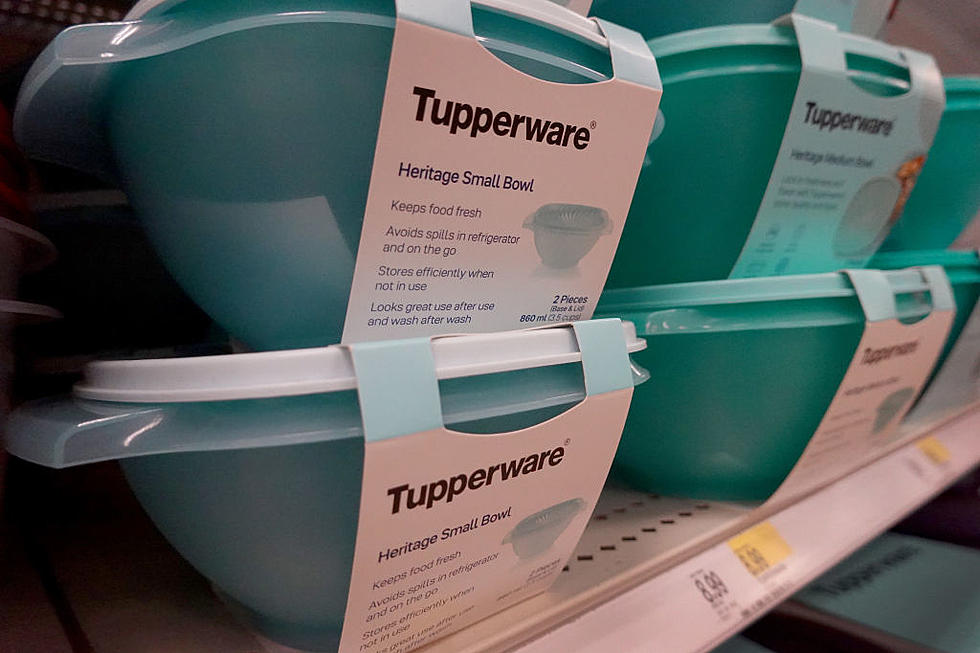
The Link Between Tupperware and Rhode Island’s Bryant University
Believe it or not, there was a time before Tupperware.
Many household gadgets we take for granted were a godsend to the folks who preceded us. Tupperware is one of them.
There are many Tupperware knock-offs today, but imagine life before plastic containers with lids. What did people do with leftovers?

Not only was Tupperware a novel idea, but so was the way it was marketed – through house parties – much like Avon and other such products still are today.
Earl Silas Tupper, the inventor of Tupperware, was born on July 28, 1907 in Berlin, New Hampshire. When Tupper was three years old, he moved to central Massachusetts, where his family lived on several farms.
Tupper attended Bryant College (now Bryant University) in Providence, Rhode Island. He started a landscaping company, but the business went bankrupt during the Great Depression.
Tupper landed a job with the DuPont Chemical Company in Leominster, Massachusetts.
While Tupper was with DuPont, he experimented with what is known as polyethylene slag, a waste product of the oil refining process, molding it to create lightweight containers, cups, bowls and plates. The lids came later.
In 1938, Tupper founded the Tupperware Plastics Company in South Grafton, Massachusetts. Tupperware products became available to consumers in hardware and department stores.
By the 1950s, Tupperware products were exclusively available to purchase through house parties.
Tupper moved the company to Orlando, Florida, then sold it to Rexall for $16 million and bought an island off Costa Rica or Isla San Jose.
In 1969, Tupper donated more than 400 acres of land in Smithfield, Rhode Island to Bryant College for its current campus which opened in 1971. Bryant sold its Providence campus to Brown University.
Tupper died in Costa Rica on October 3, 1983. He was 76.
The REAL Surefire Method For Getting Tomato Stains Out of Your Tupperware
Inventions Made By Women
More From WBSM-AM/AM 1420









